The Corporate Learning Management System (LMS) market is driven by the increasing need for businesses to upskill employees, ensure compliance, and enhance overall productivity. The rise of digital transformation, remote and hybrid work models, and the growing demand for personalized, on-demand learning solutions are key factors fueling this growth.
LEWES, Del., Dec. 9, 2024 /PRNewswire/ — The Corporate Learning Management System (LMS) market is expected to grow from approximately USD 11.3 billion in 2024 to USD 40 billion by 2031, at a compound annual growth rate (CAGR) of around 16%. This growth is driven by the increasing demand for efficient employee training, digital transformation, and the rise of remote and hybrid work models.
Download PDF Brochure: https://www.marketresearchintellect.com/download-sample/?rid=178504
202 – Pages
126 – Tables
37 – Figures
Scope Of The Report
| REPORT ATTRIBUTES | DETAILS |
| STUDY PERIOD | 2020-2031 |
| BASE YEAR | 2023 |
| FORECAST PERIOD | 2024-2031 |
| HISTORICAL PERIOD | 2020-2023 |
| UNIT | Value (USD Billion) |
| KEY COMPANIES PROFILED | Moodle, Blackboard, Cornerstone OnDemand, SAP Litmos, TalentLMS, Docebo, Skillsoft, LearnUpon, Edmodo, and Xyleme. |
| SEGMENTS COVERED | By Type, By Application And By Geography |
| CUSTOMIZATION SCOPE | Free report customization (equivalent to up to 4 analyst working days) with purchase. Addition or alteration to country, regional & segment scope |
Corporate Learning Management System (LMS) Market Overview
Market Size and Forecast
The Corporate Learning Management System (LMS) market is projected to grow significantly between 2024 and 2031. It is expected to reach a value of USD 40 billion by 2031, growing at a compound annual growth rate (CAGR) of around 16%. The need for efficient employee training, coupled with the increasing demand for digital learning solutions, is driving the expansion of the LMS market. Factors such as the shift to remote and hybrid work, advancements in artificial intelligence, and the growing focus on personalized learning paths are contributing to this growth. The market is also witnessing a surge in adoption across sectors like healthcare, retail, finance, and manufacturing. Companies are increasingly leveraging LMS platforms to enhance employee productivity, improve knowledge retention, and ensure compliance, driving their widespread adoption.
Technological Advancements
Technological innovations play a crucial role in the growth of the Corporate LMS market. Cloud-based LMS platforms are becoming more popular due to their scalability, flexibility, and ease of access. The integration of artificial intelligence (AI) and machine learning (ML) allows for personalized learning experiences, where the content adapts to the learner’s progress and preferences. Mobile learning (mLearning) capabilities are also gaining traction, enabling employees to access training materials on-the-go. Moreover, the incorporation of gamification techniques is enhancing engagement and knowledge retention, making learning more interactive and enjoyable. Virtual and augmented reality (VR/AR) are emerging as powerful tools for immersive training experiences, particularly in industries like healthcare and manufacturing. These technological advancements enable organizations to offer more dynamic, effective, and accessible learning solutions, ultimately improving employee skills and performance while reducing costs associated with traditional training methods.
Rising Demand for Employee Upskilling
In today’s rapidly changing business environment, companies face the challenge of keeping their workforce up-to-date with evolving skills. The demand for employee upskilling is a major driver for the growth of the Corporate LMS market. As technology continues to advance and industry-specific requirements change, businesses must ensure that employees acquire the necessary skills to remain competitive. LMS platforms provide a solution by offering a wide range of training modules, certifications, and learning paths that cater to diverse skill sets. This capability is particularly important as industries such as technology, healthcare, and finance experience continuous innovation. The ability to provide personalized learning experiences tailored to individual career growth not only boosts employee productivity but also increases employee retention by fostering a culture of continuous learning. As companies increasingly recognize the importance of employee development, the demand for corporate LMS platforms is expected to rise.
Growth of Remote and Hybrid Work
The shift toward remote and hybrid work arrangements is significantly influencing the Corporate LMS market. The COVID-19 pandemic accelerated the adoption of remote work, and organizations are continuing to embrace flexible work models post-pandemic. With employees working from various locations, organizations face challenges in providing consistent training and development opportunities. Corporate LMS platforms address this by offering a centralized, accessible, and scalable solution for learning, regardless of where employees are located. The ability to deliver on-demand, interactive content through cloud-based systems ensures that employees can access training materials anytime, anywhere, supporting their professional development. This flexibility has made LMS platforms essential for organizations looking to maintain a cohesive training program across a distributed workforce. As remote and hybrid work models become more entrenched, the demand for LMS platforms that can cater to these needs will continue to grow.
Download Sample Report Now: https://www.marketresearchintellect.com/download-sample/?rid=178504
Increased Focus on Compliance Training
Compliance training is a critical requirement for many industries, including healthcare, finance, and manufacturing, where regulations are stringent and constantly evolving. Corporate Learning Management Systems are playing a pivotal role in ensuring that employees stay up-to-date with these regulatory requirements. LMS platforms allow organizations to easily create and distribute compliance training programs, track employee progress, and ensure that all mandatory certifications and qualifications are completed within the required timeframes. This is particularly important in industries such as healthcare, where failure to comply with regulations can result in severe consequences. LMS platforms help mitigate risks by providing timely training on topics like data security, workplace safety, and ethical conduct. The growing emphasis on regulatory compliance is a key driver for the increased adoption of LMS platforms, as companies seek to reduce liabilities and maintain a high level of employee awareness regarding compliance standards.
Market Competition and Key Players
The Corporate LMS market is highly competitive, with numerous players offering a variety of solutions designed to cater to different organizational needs. Major global players include Moodle, Blackboard, Cornerstone OnDemand, SAP Litmos, and TalentLMS. These platforms provide a wide range of features, including content creation, performance tracking, certification management, and reporting tools. Companies such as Docebo and Skillsoft are also making significant strides in the market by offering advanced AI-driven features that allow for personalized learning experiences. While large enterprises dominate the market share, there is growing demand from small and medium-sized enterprises (SMEs) as well. As the market becomes more crowded, vendors are differentiating themselves by offering customized solutions that cater to industry-specific training needs. The competition is expected to intensify further as more businesses recognize the benefits of investing in corporate learning management systems to improve employee performance and operational efficiency.
Integration with Other Business Systems
The integration of Corporate LMS platforms with other business systems is becoming increasingly important for organizations looking to streamline their operations. Integrating LMS with Human Resource Management Systems (HRMS), Enterprise Resource Planning (ERP) systems, and Customer Relationship Management (CRM) platforms allows for seamless data exchange and better insights into employee performance and learning progress. For instance, HRMS integration ensures that employee training data is automatically updated in the employee’s profile, making performance reviews and development planning more efficient. Additionally, integration with ERP systems can help track training costs and measure the return on investment (ROI) for learning programs. The ability to connect LMS with other business systems is essential for organizations aiming to create a more cohesive, data-driven approach to workforce development. This trend toward system integration is expected to continue to drive the adoption of corporate learning management systems in the coming years.
Regional Analysis and Market Trends
The Corporate LMS market exhibits diverse growth patterns across various regions, influenced by factors such as technological infrastructure, workforce demographics, and regulatory environments. North America, particularly the United States, is expected to hold a significant market share due to the region’s early adoption of digital learning solutions, robust demand for employee upskilling, and widespread adoption of remote work models. Europe follows closely, with strong growth driven by both traditional industries and emerging sectors, such as technology and healthcare. The Asia-Pacific region is anticipated to witness the highest growth rate due to the expanding corporate sector, increasing focus on employee training, and rapid digital transformation in countries like China and India. Additionally, Latin America and the Middle East are seeing an uptick in the adoption of LMS platforms as organizations increasingly recognize the importance of training in developing their workforce and driving business success.
Geographic Dominance:
Geographic dominance in the Corporate Learning Management System (LMS) market is primarily seen in North America and Europe, where the adoption of digital learning solutions is already well-established. The United States leads the market, driven by its strong corporate sector, advanced technological infrastructure, and emphasis on employee upskilling. Europe follows closely, with countries like the UK, Germany, and France seeing significant demand for LMS solutions across various industries, particularly healthcare, finance, and manufacturing. However, the Asia-Pacific region is emerging as a fast-growing market due to rapid digital transformation and the expansion of the corporate sector in countries like China, India, and Japan. The demand for LMS solutions is also increasing in Latin America and the Middle East, where organizations are recognizing the need for efficient workforce training to remain competitive. As these regions continue to grow, the global market for corporate LMS will see a more balanced distribution of adoption.
Corporate Learning Management System(LMS) Market Key Players Shaping the Future
Key players shaping the future of the Corporate Learning Management System (LMS) market include Moodle, Blackboard, Cornerstone OnDemand, SAP Litmos, TalentLMS, Docebo, Skillsoft, LearnUpon, Edmodo, and Xyleme. These companies are driving innovation through advanced features like AI-driven personalization, cloud-based solutions, mobile learning capabilities, and integration with other enterprise systems.
Corporate Learning Management System(LMS) Market Segment Analysis
The Corporate Learning Management System(LMS) market is segmented based on By Type, By Application and Geography, offering a comprehensive analysis of the industry.
By Type
- Cloud-based LMS
- On-premise LMS
By Application
- Corporate Training
- Compliance Training
- Talent Management
- Performance Management
- Employee Development
By Geography
- North America
- Europe
- Asia-Pacific
- Latin America
- Middle East & Africa
Internet, Communication, and Technology:
The Internet, Communication, and Technology (ICT) sector is increasingly influencing the Corporate Learning Management System(LMS) market, particularly through the integration of advanced technologies like telemedicine, smart devices, and remote monitoring systems. Innovations such as IoT-enabled CSF shunts and drainage devices are enabling real-time monitoring of cerebrospinal fluid levels, allowing healthcare providers to track patient conditions remotely. This technology-driven approach enhances patient care by ensuring timely interventions and reducing hospital visits. Additionally, digital platforms and communication tools facilitate collaboration between specialists, improving diagnosis and treatment plans. As technology continues to evolve, the CSF management market is expected to benefit from more efficient, personalized, and accessible solutions, driving growth and expanding global reach. This convergence of healthcare and ICT is set to revolutionize the management of CSF disorders, offering improved outcomes and enhancing overall patient care across regions.
Our Related Reports
Global Course Creation Software Market size forecast is categorized based on Application (Large Enterprises, SMEs) and Product (On Cloud, On Premise, Market) and geographical regions
Global Higher Education Learning Management Systems Market is categorized based on Type (Cloud-Based LMS, On-Premise LMS, Mobile LMS) and Application (Online Course Delivery, Student Progress Tracking, Learning Material Management, Student Collaboration) and geographical regions
Global Healthcare Learning Management System Market is categorized based on Type (Cloud Based, On Premises) and Application (Hospitals, Clients) and geographical regions
Global Gamification Learning Management System Market is categorized based on Type (Cloud Based, Web Based) and Application (SMEs, Large Enterprises) and geographical regions
Global Healthcare Learning Management Systems LMS Market is categorized based on Type (Cloud Based, On Premises) and Application (Hospitals, Clients) and geographical region
Global Learning Management System for Manufacturing Market is categorized based on Type (Cloud-Based, On-Premise) and Application (Large Enterprises, Small and Medium-sized Enterprises (SMEs)) and geographical regions
About Us: Market Research Intellect
Welcome to Market Research Intellect, where we lead the way in global research and consulting, proudly serving over 5,000 esteemed clients worldwide. Our mission is to empower your business with cutting-edge analytical research solutions, delivering comprehensive, information-rich studies that are pivotal for strategic growth and critical revenue decisions.
Unmatched Expertise: Our formidable team of 250 highly skilled analysts and subject matter experts (SMEs) is the backbone of our operations. With extensive training in advanced data collection and governance, we delve into over 25,000 high-impact and niche markets. Our experts seamlessly integrate modern data collection techniques, robust research methodologies, and collective industry experience o produce precise, insightful, and actionable research.
Diverse Industry Coverage: We cater to a wide array of industries, ensuring that our insights are both relevant and specialized. Our expertise spans: Energy, Technology, Manufacturing and Construction, Chemicals and Materials, Food and Beverages
Having collaborated with numerous Fortune 2000 companies, we bring unparalleled experience and reliability to meet all your research needs. Our proven track record reflects our commitment to excellence and client satisfaction.
Contact Us:
Mr. Edwyne Fernandes
Market Research Intellect
Call Us on: +1 743 222 5439
Email: sales@marketresearchintellect.com
Web: https://www.marketresearchintellect.com/
LinkedIn: https://www.linkedin.com/company/marketresearchintellect
Twitter: https://x.com/intellectmr
Logo: https://mma.prnewswire.com/media/2483702/Market_Research_Intellect_Logo.jpg
SOURCE Market Research Intellect

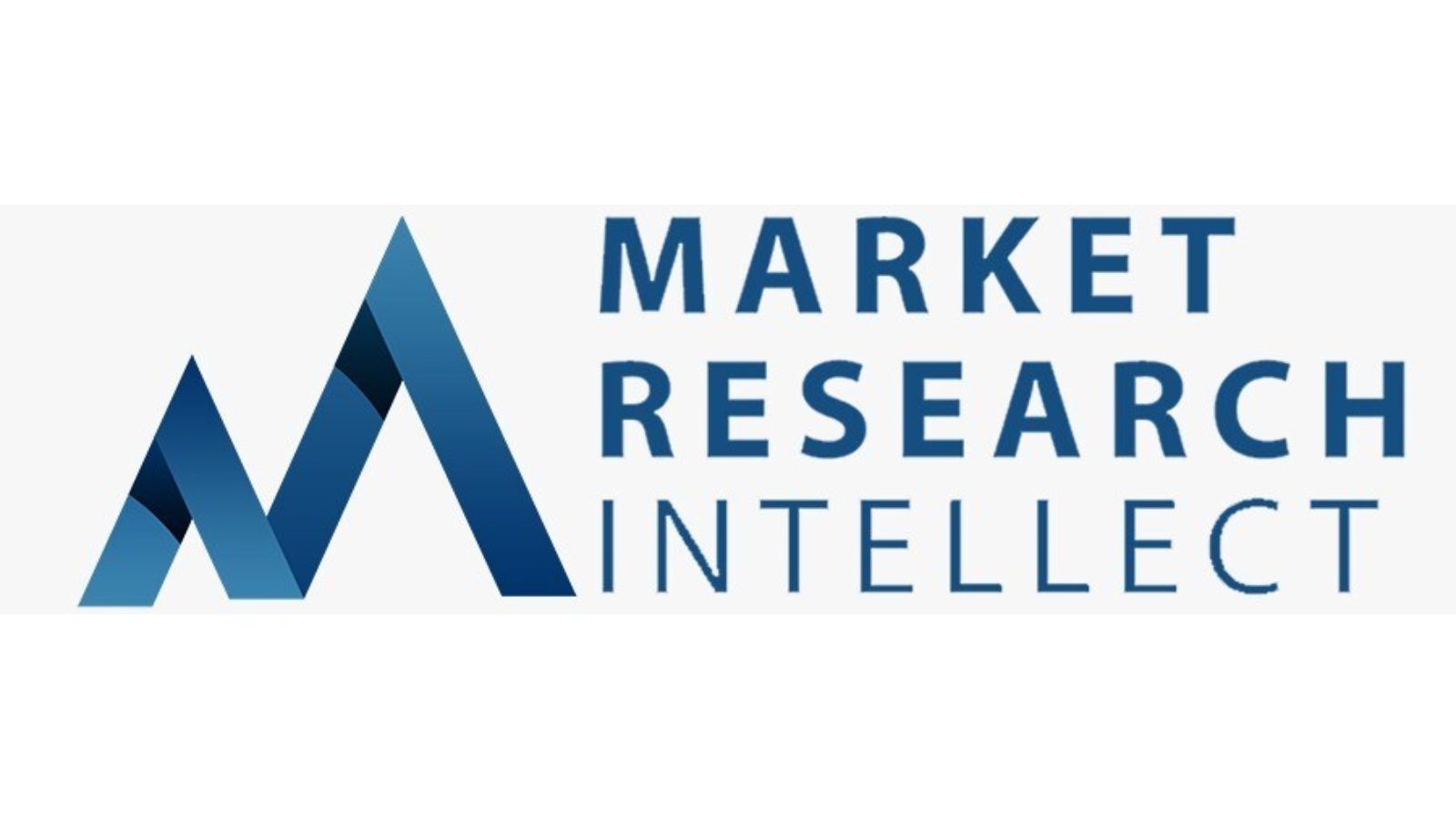


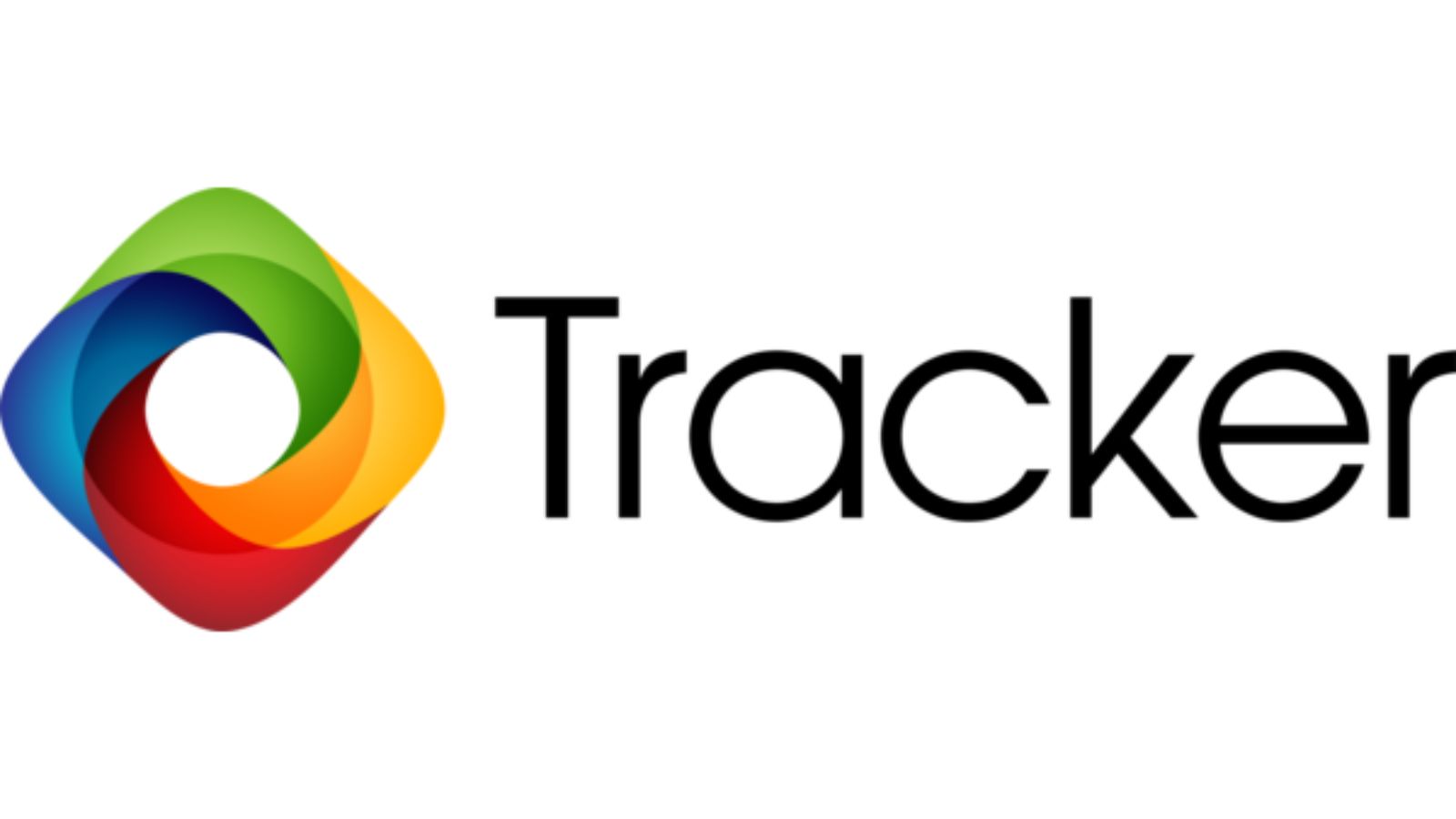
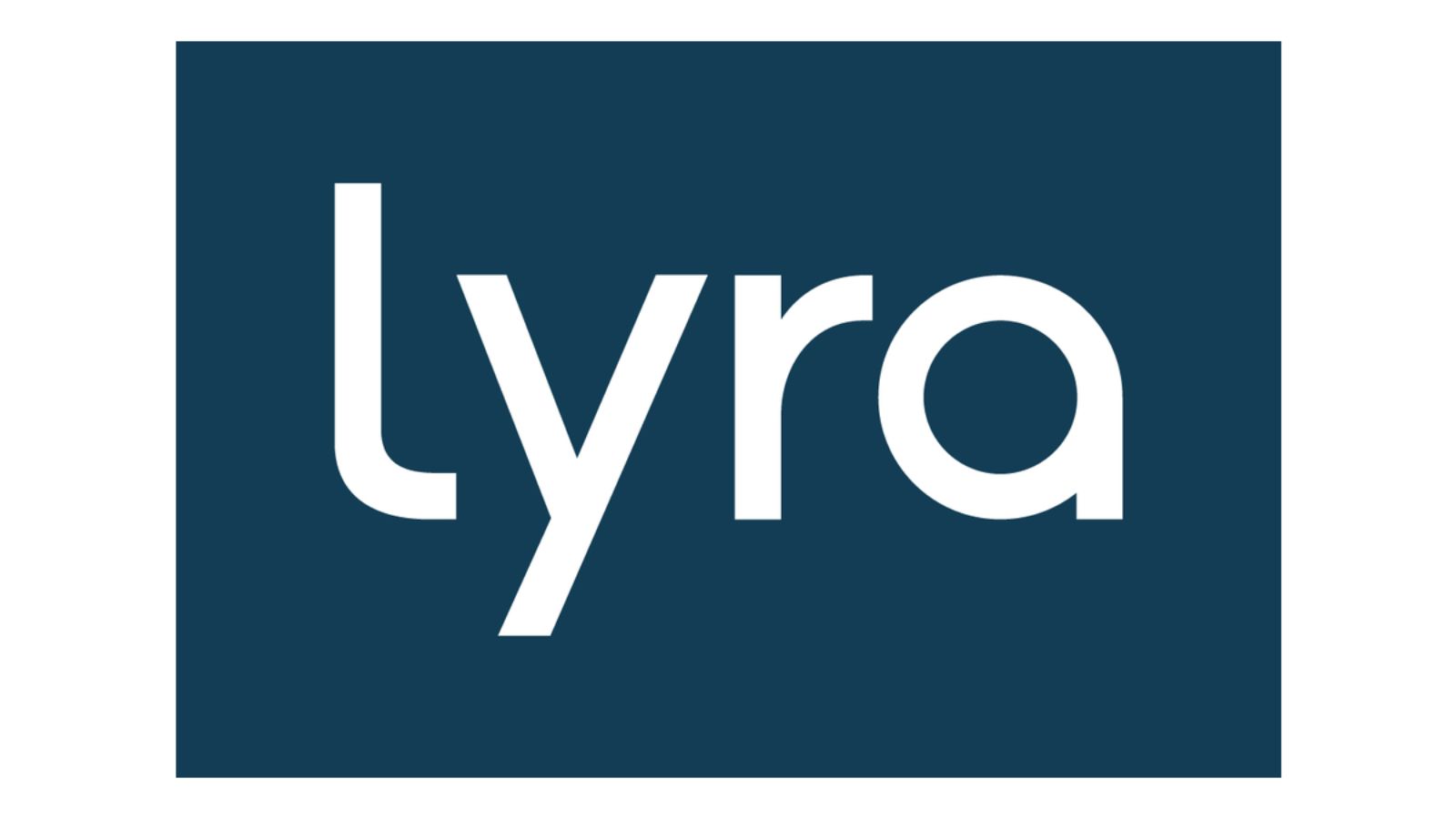
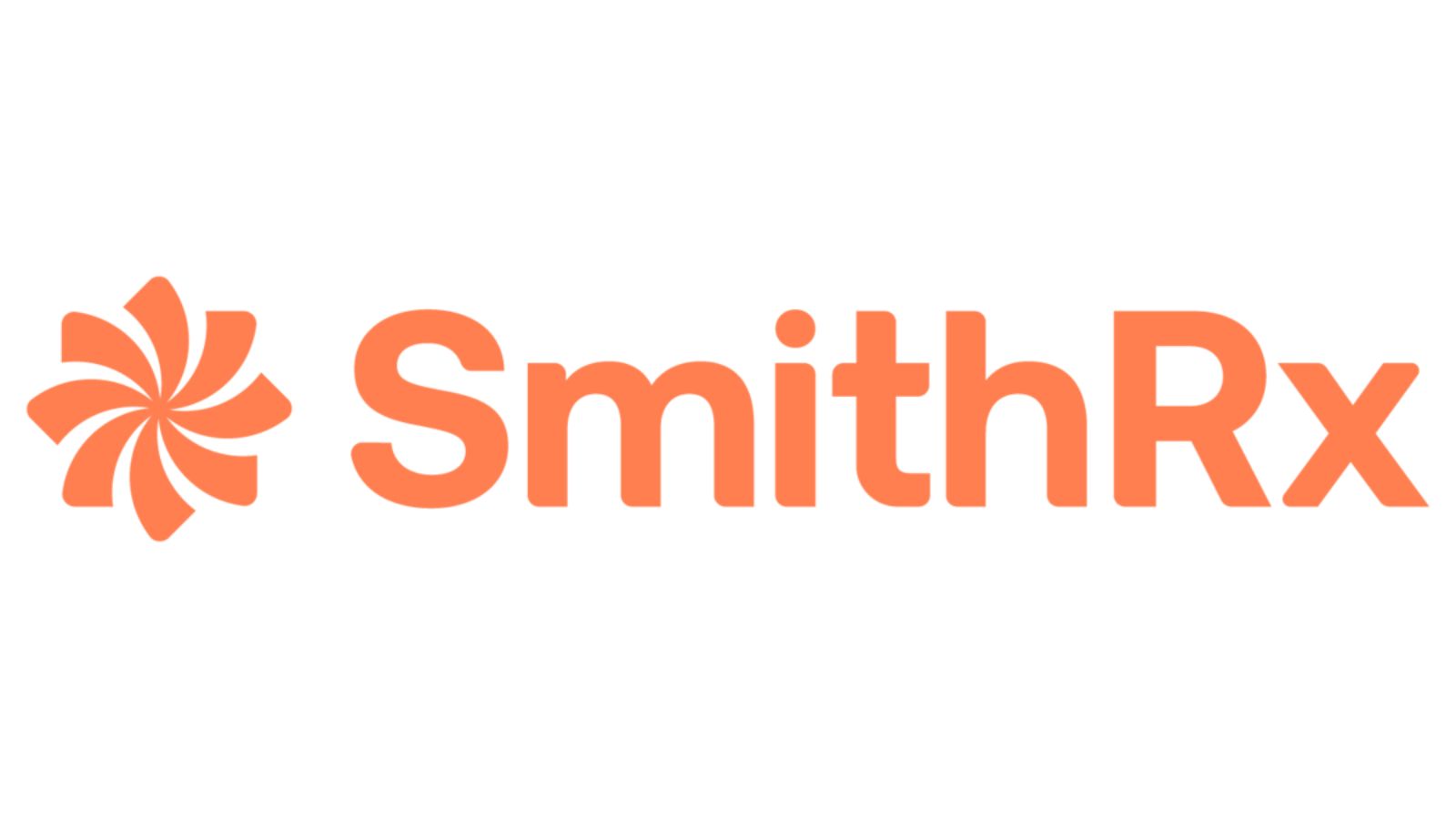
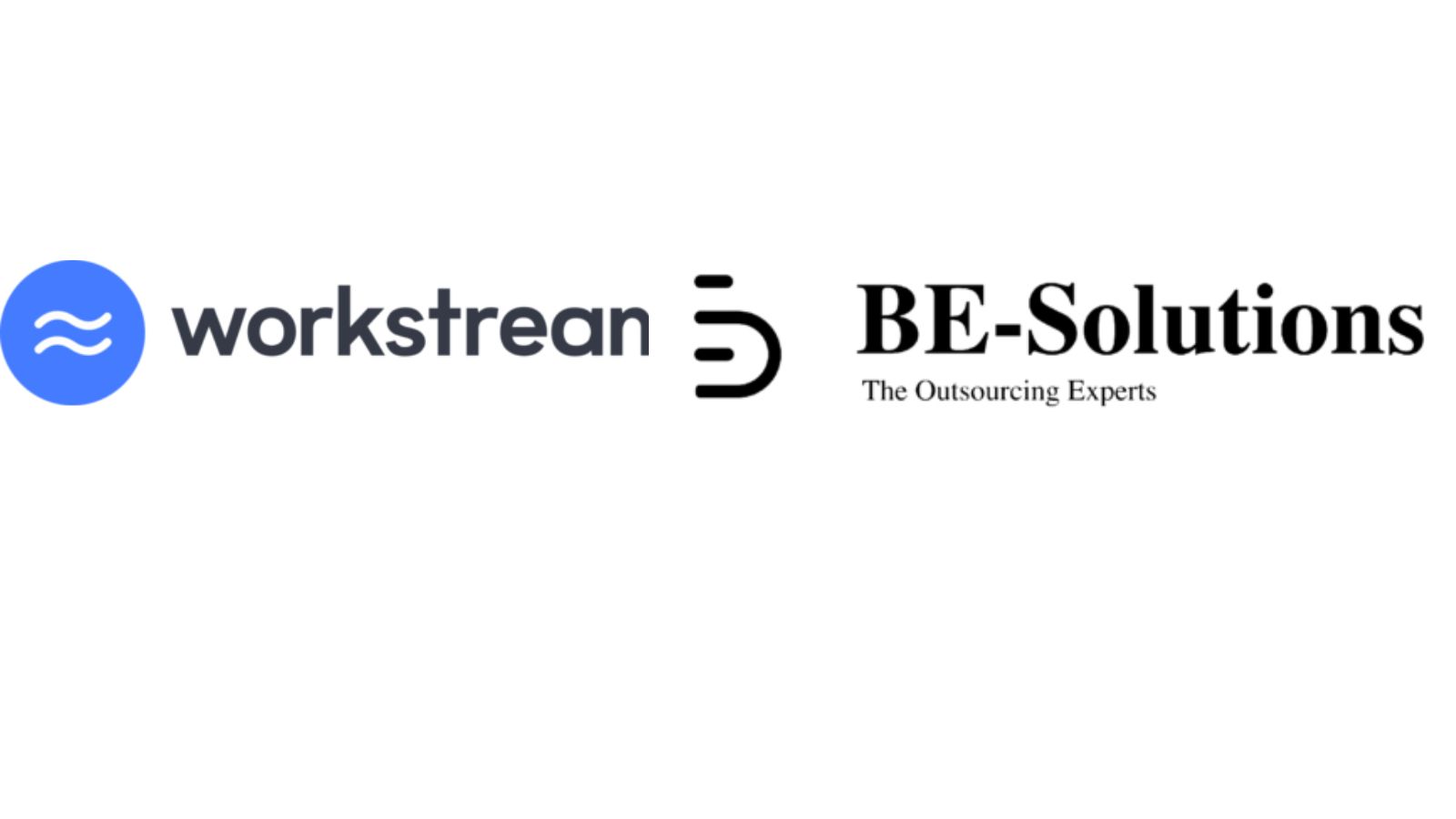
Leave a Reply